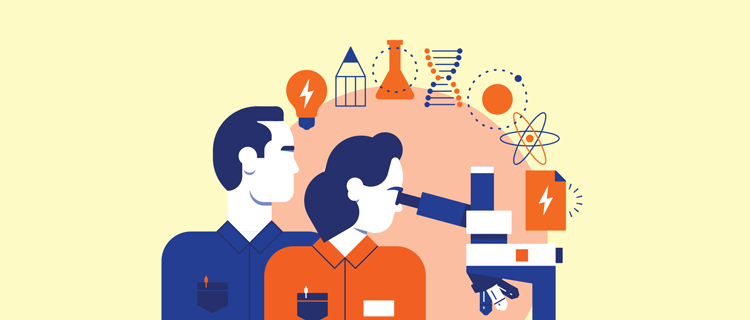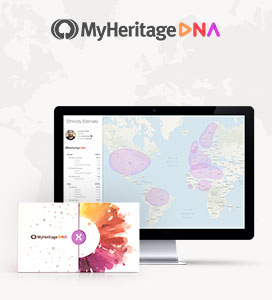Testing Your DNA

Use DNA testing to make your genealogical search for your ancestry easier and more fruitful
Have you ever thought about testing your DNA? Now that home DNA kits have become easier, more reliable, and more affordable than ever, there is no better time to take an ancestry DNA test. You’ll be able to find out your ethnicity estimate — where your ancestors called home is written in your DNA, since you inherited your DNA from all of the forefathers who came before you. You’ll also be able to find living relatives who have a shared ancestor because some common DNA from that shared ancestor will show up in both of your DNA tests.
Who should do DNA testing?
DNA testing is really for anyone who is curious to learn more about their past and where they came from, and anyone who thinks they already know their family history, but wants to confirm it scientifically. Genetic testing is also an important tool for people who are building family trees, in order to preserve their genealogical details for generations to come, and for people who for any reason don’t know who certain members of their biological family are and want to find them.
How can DNA testing tell me so much about who I am?
There is a reason DNA fingerprinting is popular in forensic science and on crime scenes in real life -- it’s not just TV! It’s because each person’s DNA is unique. It’s easy to leave DNA at a crime scene, whether you shed some cells when you touch something, or a hair falls from your head, or you leave saliva when you drink from a glass. Any one of those samples could be enough to extract and decode your individual DNA and connect you to the scene of the crime. Your DNA is one-of-a-kind, just like you are and the technology to decode DNA has come a long way.
What is a DNA ancestry test?
While it’s true that your unique combination of DNA is unique to you, parts of your DNA will be common to your sibling(s), parents and other family members. That’s because DNA is inherited — you get half from your mother and half from your father, who in turn got half from their mothers and half from their mothers. By analyzing your own DNA, you are analyzing a small piece of all of the ancestors who came before you. By understanding which DNA sequences you carry, you can learn more about your ancestry.

